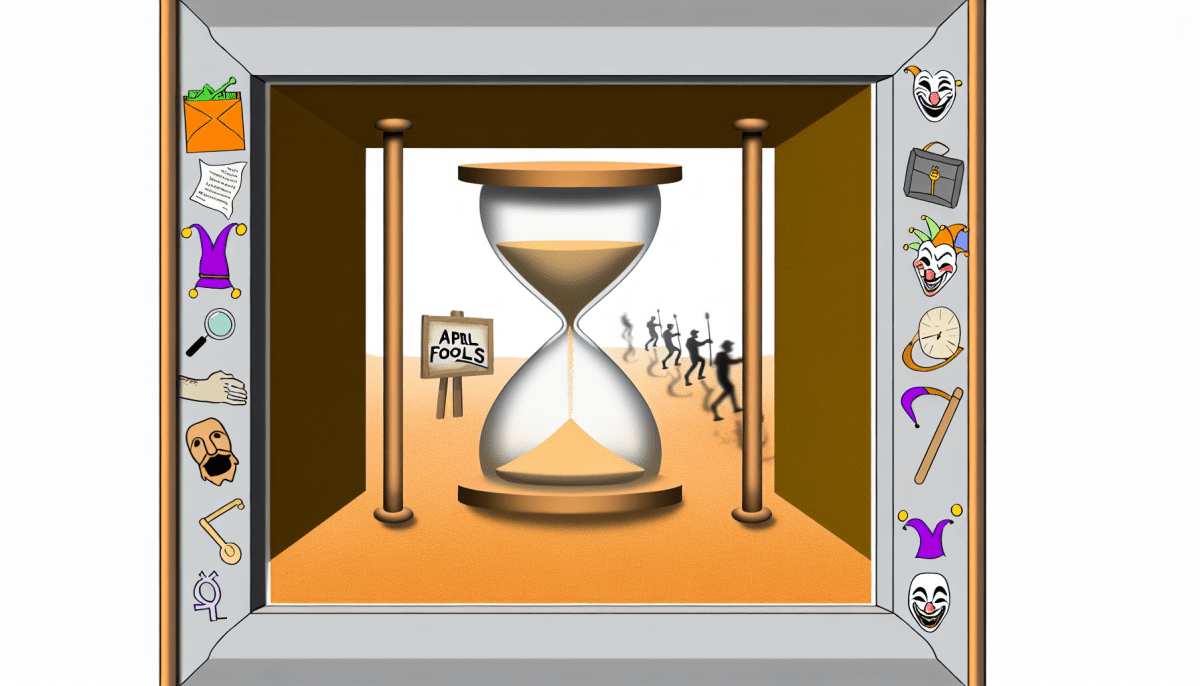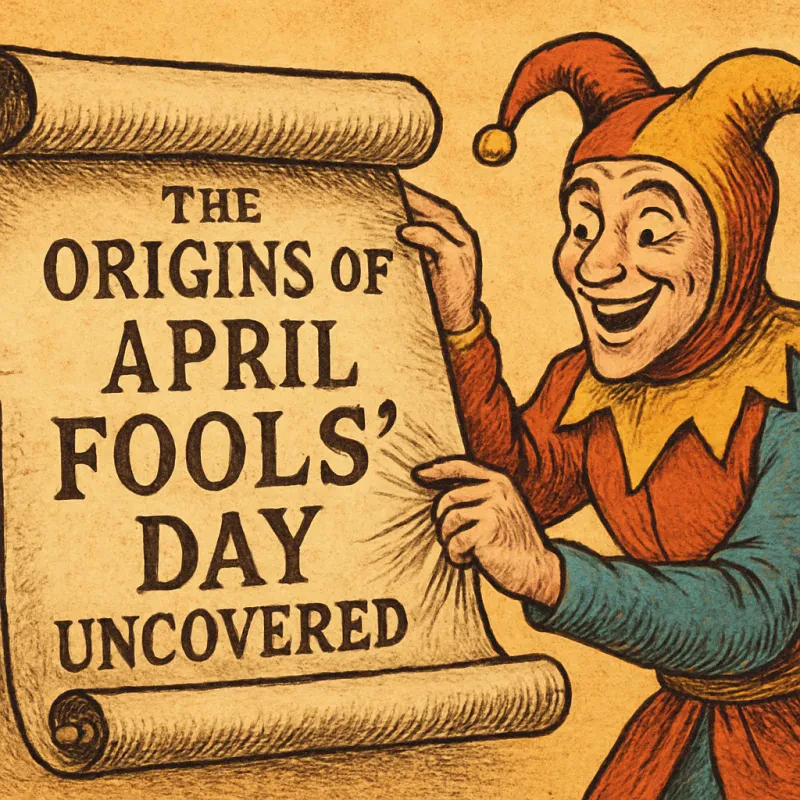The Mandela Effect is a fascinating phenomenon that has captured the imagination of many. It all started with a curious observation made by Fiona Broome. She noticed that she, along with many others, distinctly remembered Nelson Mandela dying in prison in the 1980s. The surprising part? Mandela was actually released from prison and lived until 2013. This collective misremembering led to the term "Mandela Effect" being coined.
But what causes these shared false memories? It’s thought that our brains sometimes fill in gaps with what seems logical or familiar. Information can blend together, and suddenly, whole groups of people are convinced that something happened a certain way, when it didn’t. For instance, many remember the famous children’s book series involving Berenstain Bears as “Berenstein Bears.” This small change in spelling has sparked debates and discussions.
The internet has played a key role in the spread of the Mandela Effect. With platforms like social media, it’s easier than ever for people to share their memories and connect over similar misconceptions. Not only does this foster a sense of community, but it also contributes to the confusion, as people discover they’re not alone in their memories.
While some may dismiss it as simple forgetfulness, others find it a spooky notion that our reality can be so easily distorted. The Mandela Effect invites us to think more about our memories and how they can shape our understanding of the world. Whether it’s a fun topic to explore with friends or a deeper inquiry into the reliability of our memories, it’s an intriguing subject that continues to spark curiosity.
Famous Examples That Surprise Us
The Mandela Effect has become a fascinating topic for many people, and there are some famous examples that truly catch us off guard. One of the most talked-about instances is the belief that the beloved children’s book series features a character named “Berenstain Bears.” Many folks remember it as “Berenstein Bears,” with an “e,” leading to confusion about how such a common memory seems to shift with time.
Another surprising example revolves around the Monopoly Man. A lot of us picture him with a monocle, but guess what? He never actually wore one! It’s wild how our brains can mix things up like that, making us question our own memories.
Have you ever thought that Darth Vader said, "Luke, I am your father"? You’re definitely not alone! This famous quote is often misquoted, and the actual line is, "No, I am your father." It trips up even the biggest Star Wars fans, showing how our perceptions can shape what we think we remember.
And let’s not forget about the curious case of "Febreze." Many people recall it being spelled "Febreeze" with two "e's." In reality, the air freshener has always been spelled with one "e." These examples highlight just how tricky our memories can be, reflecting a quirky side of human nature that keeps us wondering.
How it Relates to April Fools' Day
April Fools' Day is all about surprises, laughter, and sometimes a little confusion. It's that one day of the year when pranks take center stage, and people's perceptions can take a wild turn. This quirky holiday is the perfect backdrop for exploring the Mandela Effect, where large groups of people remember things differently from how they actually are.
Think about it: how many times have you heard a friend swear that a popular cartoon character wore a different color outfit or that a movie quote was phrased in a way you would never expect? Just like a prank on April Fools' Day, the Mandela Effect plays tricks on our memory, leading us to question what we thought we knew. It’s fun to compare notes, just like sharing reactions to a well-executed joke.
On April Fools' Day, people often share hilarious fake news stories, and some of those stories can take on a life of their own. This cozy feeling of disbelief mirrors the Mandela Effect, where seemingly innocent misremembering snowballs into something that feels so real. It makes you wonder: Could you be misremembering something? Just like that outrageous story about a celebrity that's too wild to be true, our memories can sometimes lead us down a rabbit hole of misconceptions.
What’s even more fascinating is how the joy of April Fools' Day connects people. When you realize you’ve both fallen for the same prank or misremembered the same quote, it can spark conversations and shared laughs. This community aspect is similar to how people bond over experiences with the Mandela Effect. It gives us a sense of belonging, reminding us that we’re all human, and none of us are immune to a little confusion now and then.
Understanding Collective Memories Together
When we talk about collective memories, we're diving into those quirky moments when groups of people remember the same thing in a way that's just... off. It’s like having a blast from the past, but the memory is slightly skewed. Ever slipped up and called a childhood favorite movie by the wrong name, only to find others doing the same? That’s the magic of the Mandela Effect!
Think of it this way: you might remember a specific line from a film or a brand logo differently than it actually is. Maybe you remember “Berenstein Bears” instead of “Berenstain Bears.” You've got a bunch of friends who remember it the same way, and now it starts to feel like there’s something more unusual at play. It creates a shared experience that can feel strangely validating, even if it’s rooted in a tiny slip of reality.
So, why does this happen? There are several theories out there, from simple misremembering to conspiracy theories involving alternate realities. It sparks debates and discussions, helping us connect with others over our shared, yet mistaken, experiences. It’s fascinating how these memories not only reveal our individual perspectives but also how our brains process the world around us.
Engaging with collective memories can be fun, especially when you toss in a dose of humor and curiosity! It invites us to reflect on our own perceptions and those of the people around us. Whether it’s a popular saying or a logo, it’s a reminder that our minds can sometimes play tricks on us, and that’s perfectly okay. After all, these little quirks in memory are what make conversations and connections even richer!







